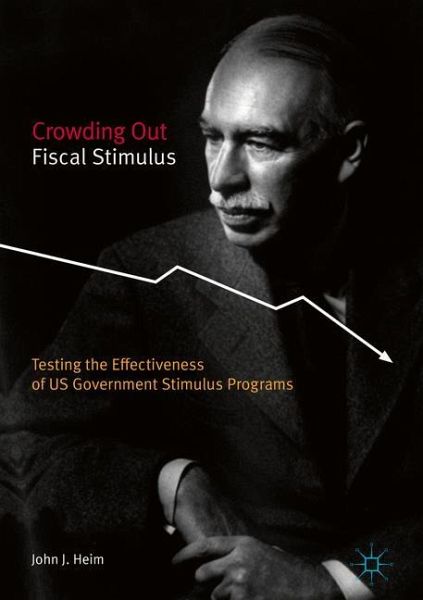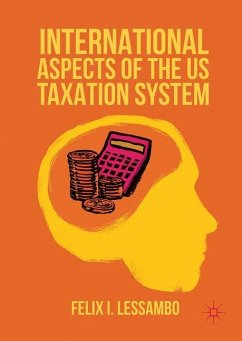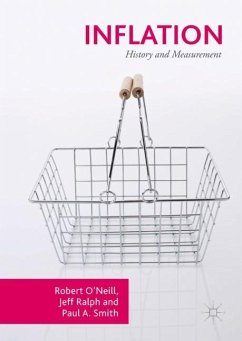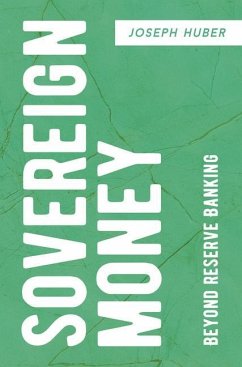
Crowding Out Fiscal Stimulus
Testing the Effectiveness of US Government Stimulus Programs
Versandkostenfrei!
Versandfertig in 6-10 Tagen
91,99 €
inkl. MwSt.
Weitere Ausgaben:

PAYBACK Punkte
46 °P sammeln!
This book presents overwhelming evidence that US government stimulus programs over the past fifty years have not worked. Using the best and most modern econometric testing models, it applies 228 separate hard science tests to examine the effects of different stimulus models that should, in theory, have shown positive results. By testing every possible alternative interpretation, starting with one time period and then retesting in three additional time periods, this definitive study finds that even when favoring pro-stimulus Keynesian models, public financing through government tax cuts and spe...
This book presents overwhelming evidence that US government stimulus programs over the past fifty years have not worked. Using the best and most modern econometric testing models, it applies 228 separate hard science tests to examine the effects of different stimulus models that should, in theory, have shown positive results. By testing every possible alternative interpretation, starting with one time period and then retesting in three additional time periods, this definitive study finds that even when favoring pro-stimulus Keynesian models, public financing through government tax cuts and spending increase programs is more likely to drive down - or "crowd out" - as much private sector spending as it stimulates in the public sector.














